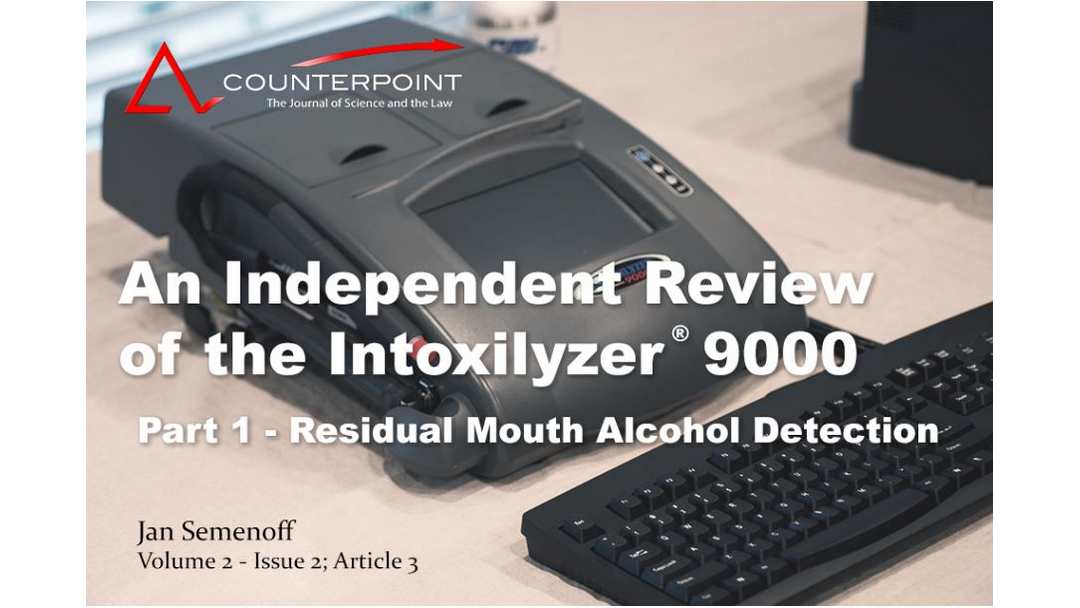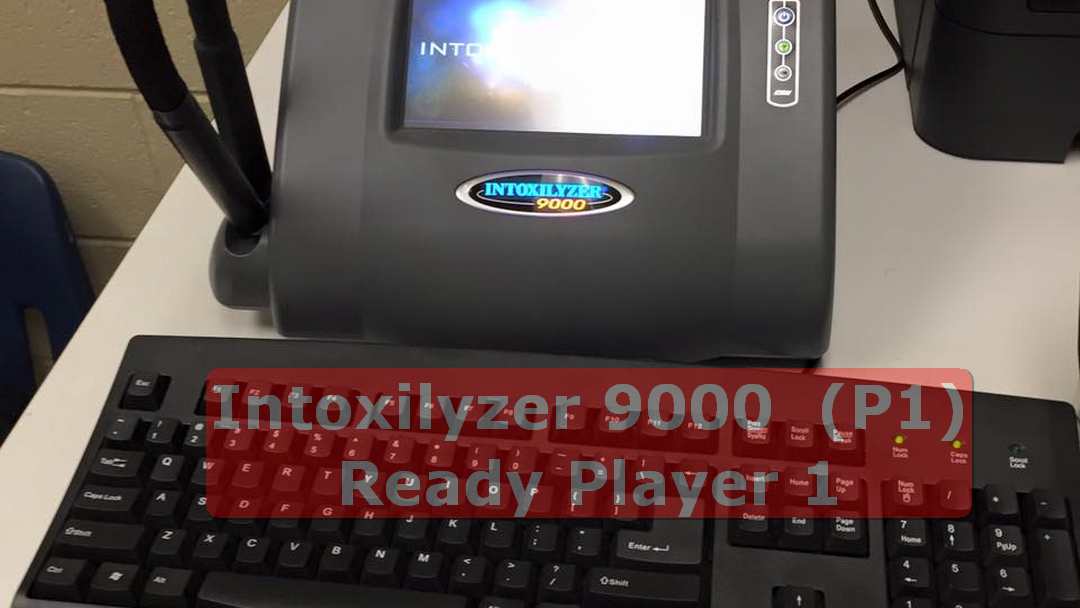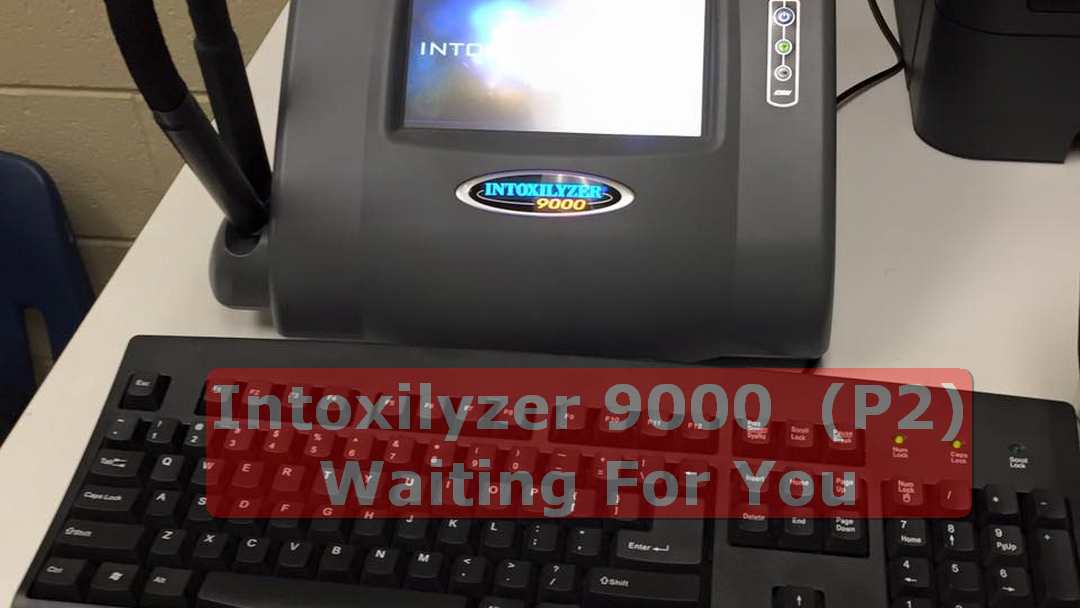WASHINGTON, D.C. ― Equipped with a quorum of Commissioners for the first time since 2018, the bipartisan United States Sentencing Commission voted today to promulgate amendments to the federal sentencing guidelines. “The Sentencing Commission is back in business,” said Chair Carlton W. Reeves. “Today, we are listening to Congress and the public by increasing first steps toward second chances, taking targeted action on gun trafficking and fentanyl, and expanding alternatives to incarceration. The policies issued today are common-sense ideas that will increase public safety while strengthening our communities.” Watch the public meeting.
During the pandemic, federal judges saved lives using their authority in 18 U.S.C. § 3582(c)(1)(A) to reduce sentences for incarcerated people facing “extraordinary and compelling” circumstances like certain risks posed by COVID-19. Responding to the First Step Act’s directive to increase the use and transparency of this tool, the Commission updated its guidelines to reflect lessons learned since the pandemic, ensure judges can continue to take first steps toward second chances for those who deserve them, and reunite families through appropriate reentry. “Judges are in the best position to decide if someone deserves to have the length of their sentence revisited,” said Chair Reeves. “This policy trusts courts to continue doing what is right.”
Since the Commission last had a quorum, communities across the country have struggled with the ills of gun trafficking and fentanyl. Congress directed the Commission to act on gun trafficking through the Bipartisan Safer Communities Act of 2022, while the Drug Enforcement Administration asked the Commission to evaluate possible action on fentanyl. In response, the Commission voted to take targeted action on both issues. “The problems of gun trafficking and drug overdoses demand a comprehensive response,” said Vice Chair Claire Murray. “I am proud to say the Commission is doing its part by ensuring we have proportional sentences for serious offenses.”
The Commission is also revising guidance to courts regarding people facing their first federal conviction. Relying on data and extensive analysis about recidivism, the Commission is acting to maximize public safety and encourage consideration of alternatives to incarceration. “Our new policies revise the sentencing guidelines based on empirical research and experience,” said Vice Chair Laura Mate. “This careful, evidence-based approach will increase fairness in sentencing and keep our communities safe.”
Among the many other policies issued by the Commission are those that seek to address ghost guns, sexual abuse of incarcerated people by correctional employees, clarify acceptance of responsibility points for defendants, and implement criminal justice legislation passed by Congress. “The policies issued today reflect the wide spectrum of views we received through public hearing testimony and tens of thousands of letters,” said Chair Reeves. “The policies issued today prove, beyond a doubt, that when you speak to the Commission, you will be heard.”
While the newly reconstituted Commission concludes its first policymaking cycle, there is more work to do. In the year to come, the Commissioners will continue to study a number of proposed policies, including those regarding how the guidelines treat acquitted conduct and the “categorical approach” to the career offender guideline. In the meantime, the Commission will send final amendments to Congress by May 1, 2023. If Congress does not act to disapprove the amendments, they will take effect on November 1, 2023. Visit the Commission’s website for more information about the amendment process and the changes approved today.
More Posts

MI Lawyer Weekly – Michigan’s Go To Lawyers for Cannabis Law
Please join us in congratulating our inaugural Michigan’s Go To Lawyer for cannabis law. Michael Komorn, Komorn Law, Farmington HillsMichigan Lawyers Weekly is pleased to announce the inaugural “Go To Lawyers” for cannabis law. Now in its fifth year, the “Go To...

I got a DUI while driving my dad’s boat – Will they take it?
I was out driving my dad's boat on the lake and I got caught drinking. Can they take the boat away from my dad who was not with me?Happy Father's Day - DadNo, in most cases, they likely won't take your dad's boat away for you getting a DUI while driving it. They Could...

Boating in Michigan on Alcohol and Drugs – It’s Illegal
If it's got a motor, it's a BUIWe got lakes, we got boats, we got alcohol, we got cannabis all the fun you can possibly find on a holiday weekend in the summer. Just don't combine them all or you'll be calling us or your cousin Vinny. Operating a Boat Under the...

Alcohol, Drugs, Kayaking – It could be a problem
Can I drink alcohol and smoke cannabis if I'm canoeing or kayaking or tubing or paddleboarding or just floating around?While Michigan law doesn't explicitly forbid consuming alcohol on non-motorized vessels like canoes or kayaks, it's strongly discouraged for safety...

Redefining Impairment: Beyond THC Levels in Roadside Testing
Redefining Impairment: Beyond THC Levels in Roadside Testing In recent developments that promise to reshape our understanding of cannabis use and road safety, a federal government report has cast significant doubt on the efficacy of using THC levels as a benchmark for...

An Independent Review of the Intoxilyzer 9000
An Independent Review of the Intoxilyzer 9000 Part 1 - Residual mouth alcohol detection Counterpoint Volume 2; Issue 2 - Article 3 (August 2017) An article in the Core Skills III-2 Module Jan Semenoff, BA, EMAForensic CriminalistThe opportunity to conduct an...

The Intoxilyzer 9000 (part 1)
The Intoxilyzer 9000 (part 1 of 2)Roll-Out The Michigan State Police (MSP) initiated Intoxilyzer 9000 (Intoxilyzer) training for police officers statewide, commencing in 2023. In order to participate, officers were required to complete both preliminary breath test...

The Intoxilyzer 9000 (part 2)
The Intoxilyzer 9000 (part 2 of 2)Using it The Intoxilyzer is user-friendly and equipped with a built-in feature to alert officers of any potential issues. As a precautionary measure, officers are specifically advised to switch off their portable radios prior to...

How DUI Charges Impact Your Child’s Future
In Michigan driving is considered a privilege. with this privilege comes immense responsibility, especially when it comes to driving under the influence (DUI) as well as other responsibilities. The consequences of youth DUI extend far beyond the immediate legal...

FAQs About Restoring Your Drivers License in Michigan
Frequently Asked Questions about Restoring Your Driver's License in MichiganHere's what you need to knowWhat are the steps to restore my driver's license in Michigan? The steps to restore your driver's license in Michigan vary depending on the reason your license was...










